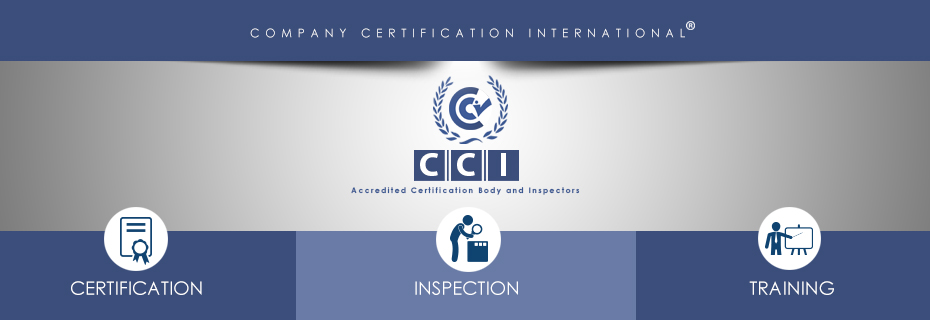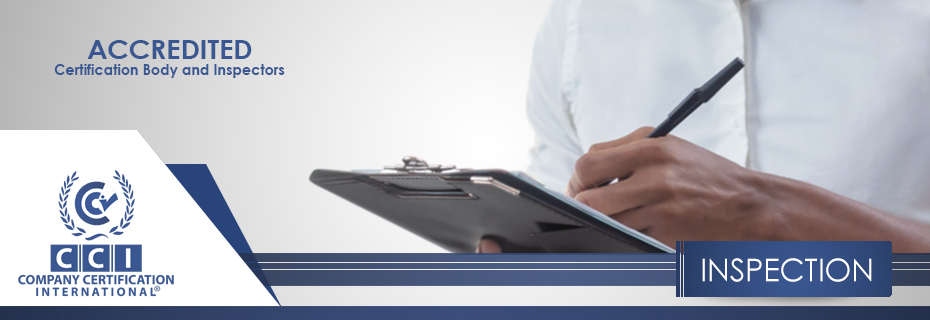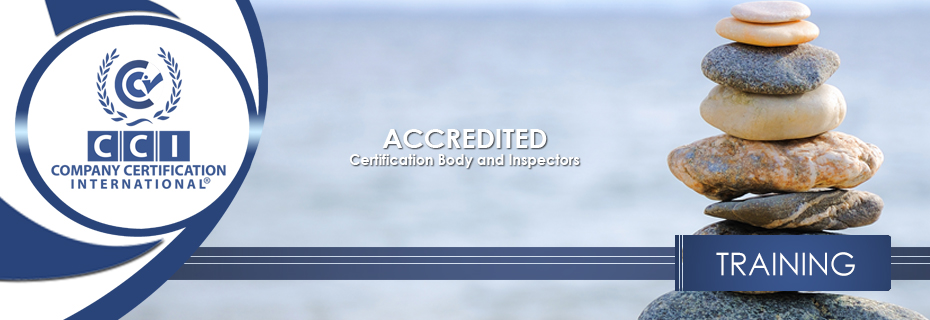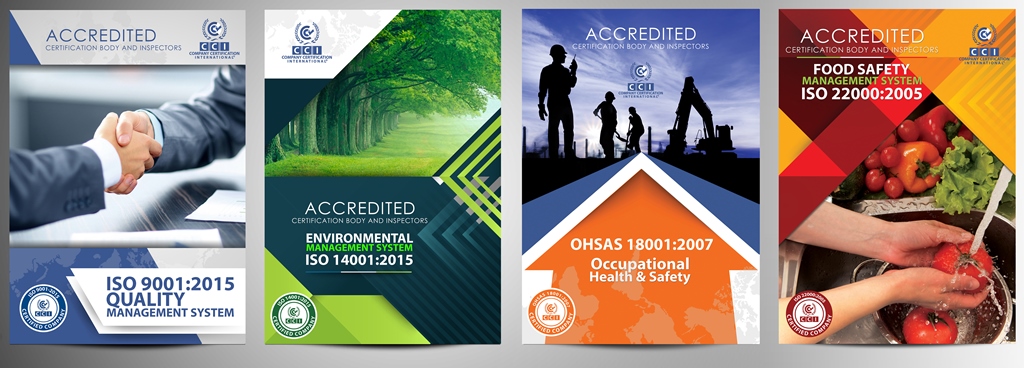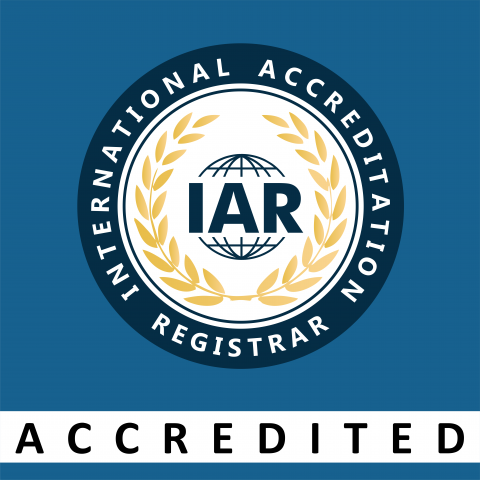ISO 22313 – Business Continuity Assessment
Overview
ISO 22313 provides implementation guidance for business continuity management systems (BCMS) based on ISO 22301. Our assessment helps organizations:
Evaluate resilience against operational disruptions
Identify critical vulnerabilities in business processes
Align with international best practices for continuity planning
Prepare for full ISO 22301 certification
Who It's For
Corporations requiring business continuity assurance
Financial institutions and critical infrastructure providers
Healthcare organizations and public sector entities
Supply chain managers ensuring operational resilience
IT departments managing disaster recovery systems
Why an ISO 22313 Assessment Matters
Risk Mitigation: Protect against operational downtime costs
Regulatory Compliance: Meet financial, healthcare and data protection requirements
Stakeholder Confidence: Demonstrate resilience to clients and investors
Competitive Advantage: Qualify for contracts requiring proven BCMS
Scope of Our Assessment
BCMS Documentation Review: Policies, risk assessments and recovery plans
Process Evaluation: Business Impact Analysis (BIA) methodology validation
Facility Assessment: Alternate site readiness (on-site option)
Crisis Management Testing: Simulation exercise review
Improvement Roadmap: Prioritized actions for ISO 22301 readiness
Our 6-Step Assessment Process
Scope Definition: Identify critical business functions
Document Review: BCMS documentation collection
Virtual/On-Site Evaluation: Process verification (3-5 days)
Management Interviews: Leadership and response team assessments
Findings Workshop: Gap analysis presentation
Final Report: Conformity Assessment with improvement plan
Deliverables
Conformity Assessment Certificate (valid 1 year)
Resilience Scorecard with maturity ratings
Business Continuity Improvement Plan
Regulatory Alignment Report
Executive Briefing Package
Why Company Certification Int.?
BCM Experts: Assessors with CBCP and ISO 22301 Lead Auditor qualifications
Sector-Specific Knowledge: Financial, healthcare, and manufacturing experience
Actionable Outputs: Clear path to ISO 22301 certification
Flexible Engagement: Remote documentation review + optional on-site testing
FAQ
Q: How does this differ from ISO 22301 certification?
A: ISO 22313 provides implementation guidance - our assessment verifies your alignment before pursuing formal 22301 certification.
Q: What's the typical assessment duration?
A: 2-4 weeks, depending on organization size and complexity.
Q: Do you test our disaster recovery plans?
A: Yes, we offer optional tabletop exercises and simulation testing.
Q: Can this help with cyber resilience requirements?
A: Absolutely - we assess integration with IT disaster recovery and cybersecurity frameworks.
Q: Is remote assessment sufficient?
A: Remote covers documentation; we recommend on-site for crisis simulation testing.
Get Started
Ready to strengthen your organizational resilience?
[Request BCMS Assessment] [Download Continuity Checklist]

